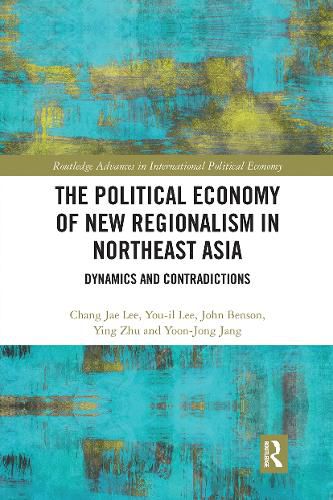Readings Newsletter
Become a Readings Member to make your shopping experience even easier.
Sign in or sign up for free!
You’re not far away from qualifying for FREE standard shipping within Australia
You’ve qualified for FREE standard shipping within Australia
The cart is loading…






The book is the first attempt to offer a holistic and integrated exploration of the political-economic framework underpinning economic regionalism. In doing so it provides a much-needed contribution to the literature on international political economy, international relations and Asian political economy in relation to economic regionalism. The existing literature provides broad generalizations and limited discussion on economic integration (i.e. free trade agreements, FTA) with most analyses of regionalism generally contained to the field of economics with a focus on the welfare implications of FTAs, both for participating countries and the world as a whole. Readers of this book can view economic regionalism from a variety of perspectives with input from Chinese, Japanese and Korean research institutes, business and industry groups, and government officials. Drawing on the considerable country experience and expertise of the authors, the book attempts to unravel the paradox of the market-driven economic globalization process (regionalism) and address a serious gap in the current literature relating to the political-economic characteristics and strategies of China, Japan and Korea in relation to economic regionalism.
$9.00 standard shipping within Australia
FREE standard shipping within Australia for orders over $100.00
Express & International shipping calculated at checkout
The book is the first attempt to offer a holistic and integrated exploration of the political-economic framework underpinning economic regionalism. In doing so it provides a much-needed contribution to the literature on international political economy, international relations and Asian political economy in relation to economic regionalism. The existing literature provides broad generalizations and limited discussion on economic integration (i.e. free trade agreements, FTA) with most analyses of regionalism generally contained to the field of economics with a focus on the welfare implications of FTAs, both for participating countries and the world as a whole. Readers of this book can view economic regionalism from a variety of perspectives with input from Chinese, Japanese and Korean research institutes, business and industry groups, and government officials. Drawing on the considerable country experience and expertise of the authors, the book attempts to unravel the paradox of the market-driven economic globalization process (regionalism) and address a serious gap in the current literature relating to the political-economic characteristics and strategies of China, Japan and Korea in relation to economic regionalism.